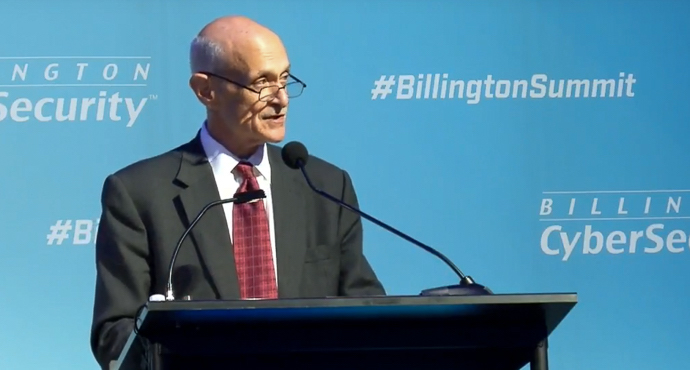
Autonomy and connectivity: transformative, beneficial, and risky.
There were several points of consensus that emerged at the Billington Automotive Cybersecurity Summit. First, autonomous and connected vehicles are regarded as representing the clear wave of the near future. Second, when those two trends are fully realized, the industry and those who observe it think that autonomy and connectivity will be transformational. That transformation will involve not only dramatic advances in convenience, but in safety and accessibility. As Senator Gary Peters (Democrat of Michigan) expressed it in his closing keynote, the development of autonomous vehicles will be as significant a transformation, economically, culturally, socially, technologically, as was the emergence of the automotive industry over a hundred years ago. Third, cybersecurity is well on its way to becoming identical with safety. Speakers were in general agreement that competitors could, and should, cooperate in advancing cybersecurity.
And fourth, perhaps most surprisingly, this transformation is fragile. The automobile industry veterans at the summit were very much aware of the risk a cyber incident posed to the industry's next stage of technological advance. If anything, they were hypersensitive to that risk. As Tim Piastrelli, Director of Security at Cruise put it, the first time there's a cyber problem with an autonomous car, even if it's something as simple as a windshield wiper turning on, the public will perceive this as a big issue. Senator Peters was even more direct, arguing that there's no margin for error in the direction industry's taking. The blowback from a cyber incident would be decisive. Hence the need to get it right, with appropriate collaboration, clearly articulated standards and specifications, enabling legislation, and a commitment to security by design.
The range of speakers and sponsors at the Summit afforded a good indication of the interest the topic commands: General Motors, the Chertoff Group, EY, Toyota, Daimler, Security Mentor, the Federal Bureau of Investigation, Cummins, Symantec, BitSight, the National Highway Traffic Safety Administration, HARMAN, Mitsubishi, Deloitte, Polaris, Enterprise Holdings, ClearSky Security, the Wall Street Journal, Reuters, the Department of Homeland Security, Lear, Irdeto, NXP Semiconductors, Ford, Booz Allen Hamilton, Auto-ISAC, AT&T, Fiat Chrysler, Shift, Cruise, GRIMM, and the United States Senate were all represented by speakers and panelists. Several of these companies also sponsored the Summit. Additional sponsorship came from Nissan, Armis, Cylance, HortonWorks, Intrepid Control Systems, the US Patent and Trademark Office, Auto Mobility, AutoHarvest, ISSA, INFRAGARD, the North American International Auto Show, NDIA, and PCI.